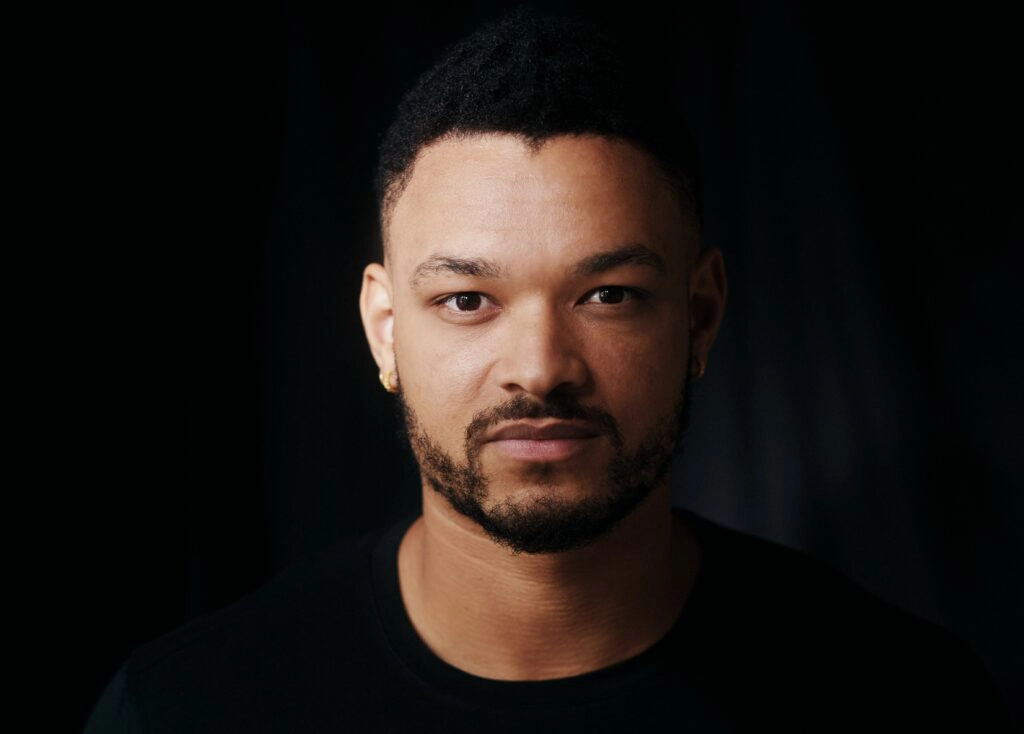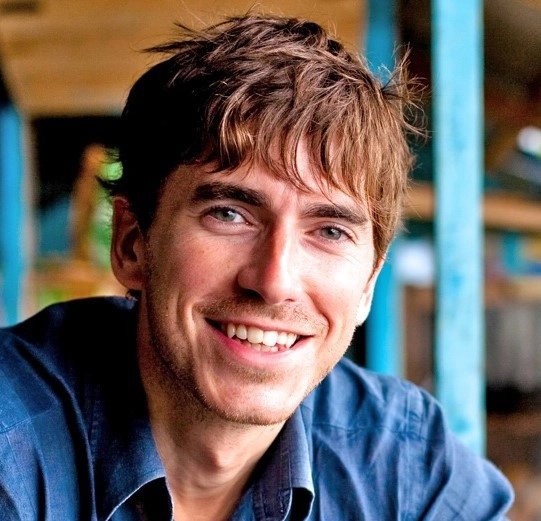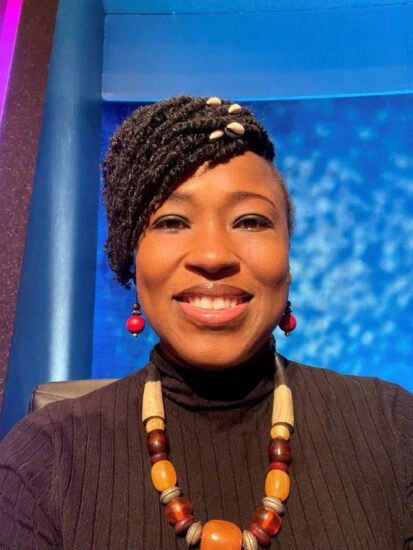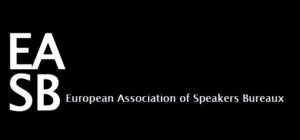Topics:
Fees:
*Fees are a guide only. Exact cost will be dependent on requirements and are subject to change.
Lewis Dartnell
Lewis is an astrobiology researcher and professor at the University of Westminster. The author of five books, including the Sunday Times bestsellers and Books of the Year 'The Knowledge: How to Rebuild Our World from Scratch' and 'Origins: How the Earth Shaped Human History', Lewis also writes for The Guardian, The Times, and New Scientist. He has appeared in, or served as consultant for, TV shows on the BBC, Amazon, HBO Max, Discovery, and National Geographic channels. Lewis has delivered a main-stage TED talk, and is a widely sought-after speaker around the world.
About Lewis Dartnell
Lewis Dartnell is a science researcher and writer, and holds a Professorship at the University of Westminster. His research is in the field of astrobiology and the search for bacterial life beyond the Earth. Lewis explores how microbes, and signs of their past existence, might survive the bombardment of cosmic radiation on the surface of Mars, and what are the best ways to try and detect them.
Alongside his academic research Lewis is a science writer. He has won prizes from the The Daily Telegraph, Oxford University Press, New Scientist and The Times Higher Education.
Lewis’ books are Sunday Times bestsellers and Books of the Year. ‘The Knowledge: How To Rebuild Our World From Scratch’ discusses how to reboot civilisation after an apocalypse as a premise to explore the science and technology that supports our modern world. ‘Origins: How The Earth Shaped Human History’ is a deep dive into how features of the planet we live on have influenced the course of history. Origins has been translated into thirty languages, and a copy of The Knowledge exists on the surface of the moon. In his latest book ‘Being Human: How Our Biology Shaped World History’ Lewis explores fundamental aspects of us as a species, from our genetics to our anatomy and psychology, and how these intrinsic features of our humanness have had a profound influence in shaping the world today.
Lewis has appeared on BBC Horizon, Wonders of the Universe, Stargazing Live, and Sky at Night, as well as on the DVD extras for the sci-fi film Monsters. He acted as scientific consultant for shows including the TV series ‘Station Eleven’, documentaries with Brian Cox, and a full-dome planetarium show We Are Aliens. He is also widely interviewed on TV, radio and podcasts on developments in science and technology.
Lewis has delivered a main-stage TED talk, and is a widely sought-after speaker around the world.
To book Keynote Speaker Lewis Dartnell, contact The Speakers Agency on +44(0)1332 810481 or email enquiries@thespeakersagency.com
Inspiring Stories / Motivational / Overcoming Adversity / Creative Thinking
Ingenious
What can we each learn from inspirational stories of people overcoming the odds to defeat adversity and prevail? We’ll look at some of the most incredible cases, and explore what made the crucial difference between success and failure. In 1993, Emile Leray found himself stranded in the Saharan desert after his vehicle broke down. The sailing ship Polly was devastated by a storm in 1811, the sailors drifting for six months on the ocean currents before being rescued. Today, the spirit of ‘jugaad’, or improvised ingenuity, is pervasive throughout India, and the rest of the developing world, as a creative solution to scarcity. We’ll also look at some of the latest findings from psychological research into problem-solving and resourcefulness. By absorbing these lessons, we can all become more resilient, innovative, and successful in both our professional and personal lives.
International Affairs / Geopolitics
Behind the headlines
A great deal of current international affairs and geopolitics comes down to strategic aspects of different landscapes and where vital resources are to be found. We’ll explore these geographical and planetary forces behind the news headlines. Why does China care so strongly about controlling Tibet? How do the geographies of the oceans and naval chokepoints dominate the security of maritime trade, and why is Iran able to exert so much influence? Which metals are vital to the modern technological world, and who uses their supply as a political tool? Why are the uninhabited specks of the Senkuku islands so desirable to China? Why is a submarine mountain range in the Arctic Ocean the focus of international tensions?
Adventure / Future Trends / Science
Humanity’s greatest adventure
The exploration of outer space is one of humanity’s greatest adventures. The landscape has changed enormously since the days of the Space Race — no longer is human spaceflight the preserve of global superpowers. Today, large international collaborations such as the European Space Agency run astronaut programs, and private space corporations like Elon Musk’s SpaceX are revolutionising the launch industry. What lies ahead in the coming years? How will space be commercialised, and even opened up to tourism? We’ll look at the reality of space hotels in Earth orbit, and holidays to the Moon. How will humans settle on Mars, and what are the extreme challenges we’ll need to surpass? Where does humanity’s future lie beyond the Earth?
Innovation / Science / Big Thinking
How to Rebuild the World from Scratch
Imagine the world as we know it has ended in an apocalyptic catastrophe, and the survivors are attempting to rebuild from scratch. What key knowledge would you need to not only survive in the aftermath, but avert another Dark Ages and accelerate the rebooting of civilization? Living in the modern world, we have become disconnected from the basic processes that support our lives, as well as the beautiful fundamentals of science that enable you to relearn things for yourself. We can use this thought experiment to peer behind the scenes of how our world works, and what drove the progression of civilization over the centuries. What were the key advances in understanding and technological innovation that built the world we now take for granted? And how can we use technology to help prevent such a global cataclysm from actually happening?
[linked to THE KNOWLEDGE, a Sunday Times bestseller and a Book of the Year]
Science / Big Thinking
How the Earth Shaped Human History
When we talk about the grand course of human history, we often focus on great leaders, revolutions, and technological advances. But features of the planet itself have had a huge influence on the moulding of the human world. How were ancient civilizations shaped by plate tectonics? How did patterns in Earth’s churning atmosphere direct global development for centuries? Why does voting behavior in the United States follow the bed of an ancient sea? We’ll reveal the awesome influence of our planet on the forging of the modern world.
[linked to ORIGINS, a Sunday Times bestseller and a Book of the Year]
Science / Big Thinking
How our Biology shaped World History
Our bodies are a wonder of evolution but they’re also deeply, inescapably flawed; to be human is to live with this extraordinary contradiction. So, to understand the course humanity has taken – from prehistoric times through the age of empire and into the modern era – we must understand who, and what, we are. We’ll take a mind-expanding journey across time to show how our biology determined history. Why did humans evolve romantic love and the family, and why did one of the greatest royal dynasties in history collapse? How did an epidemic bring peasants freedom, or vitamin deficiencies give rise to the Mafia? How did cognitive biases cause military catastrophes in Crimea and Iraq? We’ll see how our unique nature has shaped our relationships, economies and societies – and, importantly, how it impacts human progress today. This is history made flesh. It will change how you see the world.
[linked to BEING HUMAN, a Watersones Book of the Year]
Science
Astrobiology – The Hunt for alien life
‘Astrobiology’ is a brand new field of science, encompassing research into the origins and limits of life on our own planet, and where life might exist beyond the Earth. But what actually is ‘life’ and how did it emerge on our own world? What are the most extreme conditions terrestrial life can tolerate? And what would an alien actually look like – how realistic are the life-forms envisaged by science fiction novels and films? We’ll tour the other planets and moons in our solar system which may harbour life, and even further afield to alien worlds orbiting distant stars, to explore one of the greatest questions ever asked: are we alone…?
Psychology / Science
Hacking the Brain
Our brain runs like an organic computer, allowing us to see and hear the world around us. Optical illusions effectively hack this process, making us see things which aren’t really there. Auditory illusions, which are much less well-known, disrupt the way we hear things. Experiencing different illusions is like doing an experiment on your own brain to see how it works. With live demonstrations of a great variety of optical and auditory illusions, this talk will reveal the inner workings of the mind. Warning: you may begin to see the world in a whole new way…
Interactive Workshops
Lewis also delivers a lot of training workshops for clear communication skills. These can be tailored for:
- public speaking with confidence
- writing with impact
- data visualization and infographics
The workshops are inherently hands-on and interactive, and include lots of tips and techniques that the audience can take away with them.











